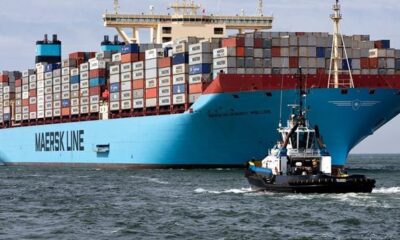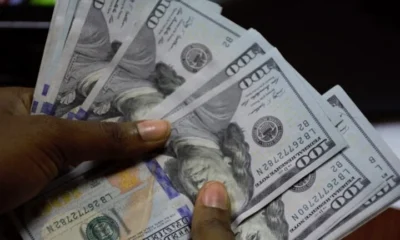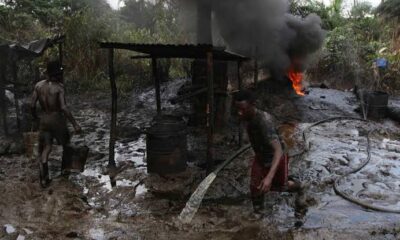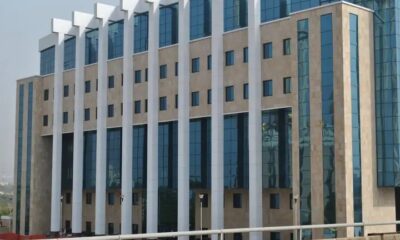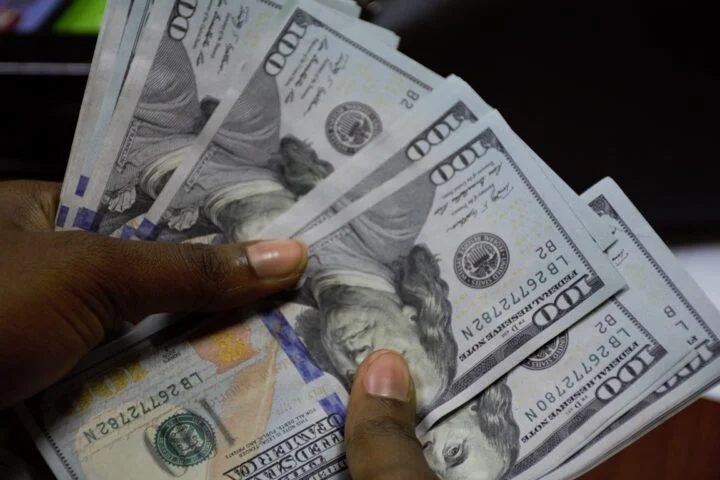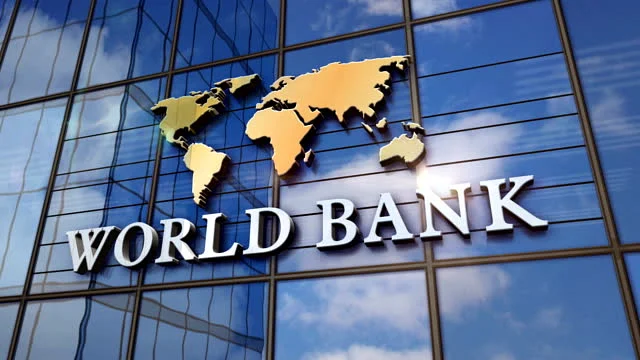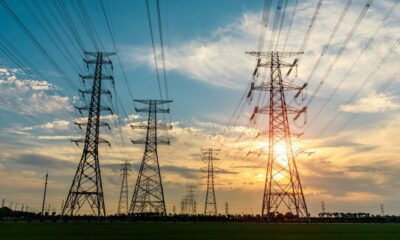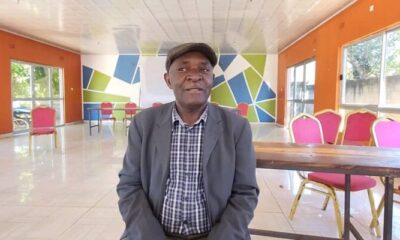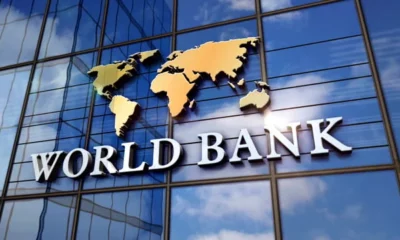A tender paper shows that Nigeria is looking for fund managers for a $10 billion diaspora fund to bring in dollars and foreign investment for the economy.
The fund wants to pool the billions of dollars that its people send back to the country every month so that they can be used for local investments in things like healthcare, education, and infrastructure.
The World Bank says that Nigeria got more than $20 billion in payments from people living outside of Nigeria last year.
The Ministry of Industry and Trade in Nigeria said in a public post that it was looking for “fund managers for the development and establishment of a multisectoral, multilateral private sector-led investment fund to form the $10 billion Nigeria Diaspora Fund.”
The tender paper said that the fund manager’s job is to plan and set up the fund’s legal, operational, financial, and administrative structures.
The investment is intended to last for three to five years, and then more money will be put in after that. The government said the fund would last for 10 years and could be used for an extra two years.
The trade ministry’s tender said that people who want to run the fund must have done business in Nigeria in the last five years and must have a track record of raising money and running big, profitable venture capital funds.
Anglo-American turned down BHP Group’s $39 billion takeover offer on Friday, saying it was way too low for the London-listed company and its future.
In a statement, Minister of Industry and Trade Doris Anite said that it was a “once-in-a-lifetime chance for our citizens in the diaspora to drive Nigeria’s economic growth.”
The naira is under pressure because of a lack of foreign currency because of lower crude oil exports. This has led companies and people to buy dollars on the black market.
Nigeria is going to issue migrant bonds later this year to bring in even more foreign currency.
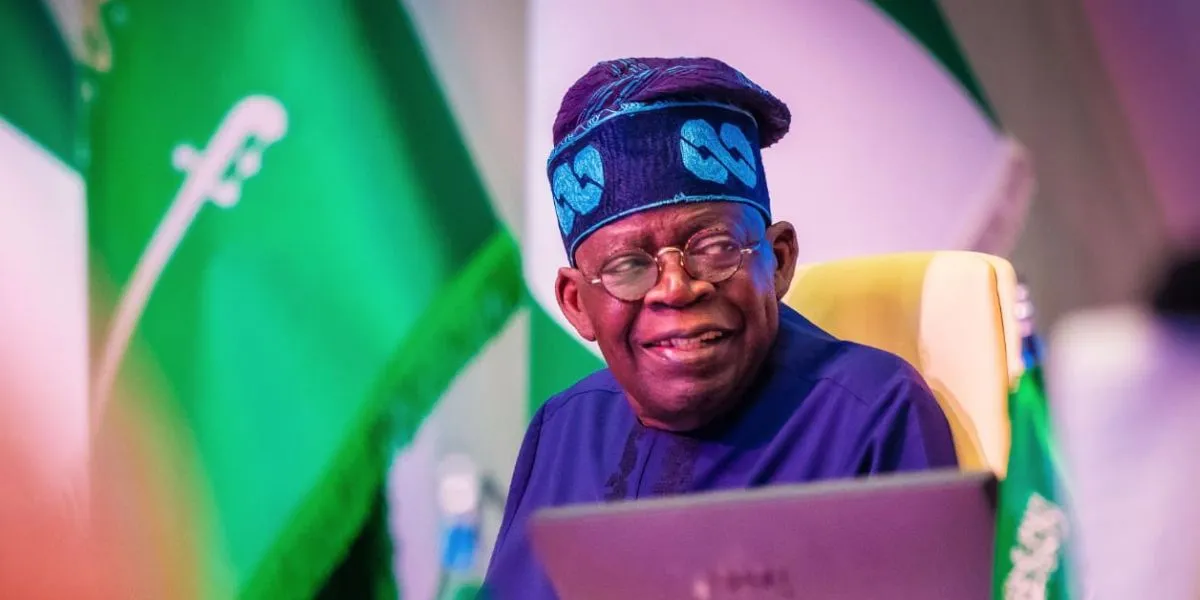

 Sports2 days ago
Sports2 days ago
 Metro2 days ago
Metro2 days ago
 Tech2 days ago
Tech2 days ago
 Culture19 hours ago
Culture19 hours ago

